Last night on the MSNBC program “All In with Chris Hayes” he had an interesting discussion with Gregg Graffin, punk rocker of Bad Religion and PhD in Zoology.1 He thinks of himself as a naturalist. He has written books concerning evolution, God and atheism. Last night he was discussing what he termed “dualism” and “materialism”. The initial story on MSNBC was about some comments the Pope had made reconciling evolution and the big bang to Christianity. Gregg thought that folks that did this were dualists. He made the claim that scientists were materialists. While I am sympathetic with his views on evolution and science, I found the discussion in terms of dualism and materialism to be very anachronistic. These terms have been discussed in philosophy for hundreds of years. These terms have been retrofitted as far back as Plato and Aristotle. While they may oversimplify and fail to capture the Greek differences in Plato and Aristotle, they probably started coming into their own in Neo-Platonism in Rome, Constantinople and Christian Scholasticism. These modern philosophical notions really came into play with Rene Descartes in terms of Cartesian Dualism. They were in vogue in the days of Charles Darwin and most recently for Karl Marx and historical materialism. However, with regard to contemporary philosophy, the use of these terms reflect a kind of naiveté of where philosophy has subsequently traversed. Of course, in the history of philosophy they are still discussed just as medieval literature, Robert Boyle and Isaac Newton’s “aethereal medium” for the transmission of light, along with the struggle of the Royal Society with alchemy are still discussed in academia.
Framing contemporary arguments with these historical motifs is tantamount to trying to talk to a physicist in terms of atoms. Of course, the atom has a historical paradigm and certainly is useful for teaching students new to physics but physics has traversed quite a ways from the Greek notion of Democritus’ atom. Likewise casting the net of dualism and materialism over science and theism forces the discussion into anachronistic dispersions. The fact is, just as science has paradigm shifts as Thomas Kuhn discussed in the sixties in “The Structures of Scientific Revolutions” so does philosophy. As Kuhn points out, the semantic certainties of science are not some kind of self-evident, a priori, ‘truth’ content but have roots in history, politics, economics as well as accuracy, consistency, scope, simplicity, and ‘fruitfulness’. Contemporary philosophy has long since left the binary oppositions of dualism and materialism. These concepts may have historical significances and utilitarian virtues but they also fail to convey richness, value and truth just as Nietzsche’s aphoristically declared “God is Dead” and ether was finally dismissed in Einstein.
The error in dualism or materialism is in the metaphysic of ‘substance’. In the notion of substance a whole history of what philosophy calls ‘ontology’, being-logos or the study of being, is already understood and assumed. The assumption cannot help but think2 of what ‘is’ is, is-ness, in terms of ‘thing’ or what Heidegger termed ‘thing-ness’. So ontologically synonymous terms such as ‘reality’, matter, mind, spirit and even ‘is’ equivocally and already (pre-cognitively) understand what ‘is’ in easy terms of stuff, thing and substance. All that is required after that is to categorize this stuff in terms of one (materialism or idealism), two (dualism) or more (pluralism). In the modern occident, materialism and dualism are most prominent. In 20th century phenomenology, what this capacity for en-framing shows is not what it pretends, the actual stuff of ‘is’, but a certain capacity of who we are as ‘historical’. We cannot help but think in these historical motifs because our language, our thinking, is already formed by a certain history of ontology. In the 20th century, philosophy has reawakened the thought of being, what was thought in the Pre-Socratics as phusis, from where we get our modern word physics. Just as sub-particle physics now thinks the atom in terms of quanta, current philosophy has tried to stratify content and ‘meaning’ in historical terms. What this does is open up a kind of externality to the already understood notion we have of being, existence, substance, matter, etc. and asks if the notion we have of the early Greeks is really the sealed, hermetic space, classical philology imagines or if there is an excess that has been overlooked in what those early Greeks were asking.
Once ‘is’ has been incased in terms such as ‘matter’ a whole history comes along with that which even the history of science has abundantly demonstrated cannot be what it appears as. Simplistically, the ‘scientific method’ makes claims to a certain kind of anarchy (without origin) of the direction of thought. It claims to be guided by whatever ‘truth’ may come along to upset current convention. Sure enough, the history of science is replete with such examples or what Kuhn terms ‘paradigm shifts’. However, as he also shows, that movement is not simply a movement of ‘truth’ guided by mere materiality but also brings with it histories of content not merely reducible to ‘matter’ but essentially dependent on politics, economy, culture, etc. Likewise, a certain kind of anarchy also betrays the common notions of philosophy and I would dare say theology as well (but that is another topic). What betrays us is a certain kind of myopia or what Socrates characterized as shadows cast on a cave wall. Rather than deny or affirm the individual tenants of our sight, in contemporary philosophy, we should turn the question towards what is it about us that conditions us for such wanderlust? What shows itself in the unimpeachable certainties of our determinations? How is it we can encapsulate entire histories with widely varied, forgotten and even undiscovered possibilities in such as simple word as “is”? What can this capacity tell us about language, about truth, about matter? On the apex of dark energy and dark matter where physics itself has put its truths in essential question how can we not be thrown back on the anarchy of thought, a radical exteriority which must always remain a ‘yet’? What is more, in physics as in philosophy the whole question of temporality has once again been brought to the fore.
Heidegger calls the notion of sequential, linear ‘now’ moments the vulgar notion of time. For Heidegger it is an abstraction. It may have pragmatic and utilitarian advantages but as we know in Einstein such a notion was essentially made relative to the speed of light and thus the notion of time was entangled in the permeability and contingency of matter and energy. Time, in physics, is no longer understood in Newtonian absolute categories but as having stretch and even termination. Likewise, Heidegger recognizes a stretch in the way we experience temporality where, for example, anxiety or boredom may slow down time and exhilaration or joy may make time fly by. Of course, our history has once again given us convenient categories for explaining this in terms of ‘subjective’ and ‘objective’ but as we have seen, the historical capacities we have may cover over as much as we think they reveal. For example, now we think time in physics as relative and with a stretch which we put in categories of matter. When we think time in terms of the human experience of time we put that in categories of subjectivity. However, for both the dynamic is very similar and we supplement that dynamic with convenient historical categories of matter and subjectivity.
This detour into current philosophy was to make apparent underlying metaphysics of such easily tossed about notions as dualism and materialism where ‘is’ has already been explained and understood in terms of substance, matter, ‘thing-ness’. It was also to show a kind of philosophical contemporaneousness where the alternative to endlessly debating the merits of dualism and materialism gets enveloped in a certain way in which we ‘are’ or what Heidegger called ‘da-sein’ (the ‘there’ of being). Finally, the allusions to radical exteriority discussed in Emmanuel Levinas and highlighted here in the radical contingency of science, of ‘truth’, even of ontology would bring us full circle to an anarchic origin of a possible notion of God and the absolutely suspended and founding place of metaphysics. The negation of knowledge or ‘truth’ stops short of the alterity of excess, of otherness, as it agnostically decries the possibility of alterity whereas in Levinas the anarchical beginning, the origin of all our meanings is in the face of an unbridgeable, untraceable disruption of the other. This he terms anarchic3, without origin, which also finds a voice in the earliest Greek writings of Hesiod:
Tell me all of this, you Muses who have your homes on Olympus, from the beginning, tell who first of them (the gods) came-to-be.
First of all Chaos came-to-be; but then afterwards…4
_________________
1 Talking God and evolution with a punk legend
2 An assumption which we ‘cannot help but think’ could otherwise be known as ‘truth’.
3 See The Work of Days (revisited)
4 Hesiod, Theogony. See my yet to be completed philosophy series starting here, Prelude to the Philosophy Series.
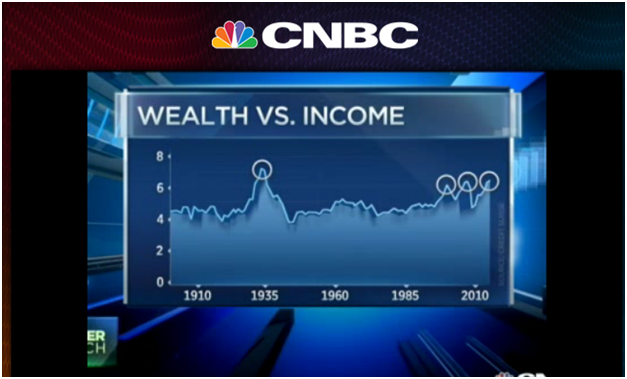
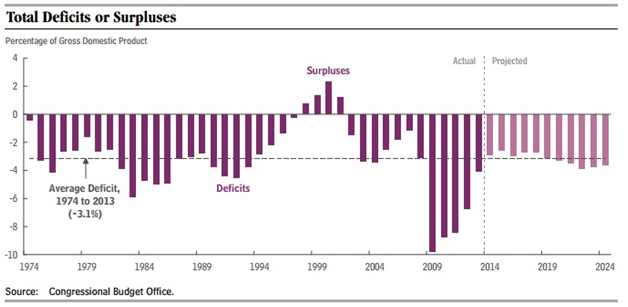 6
6
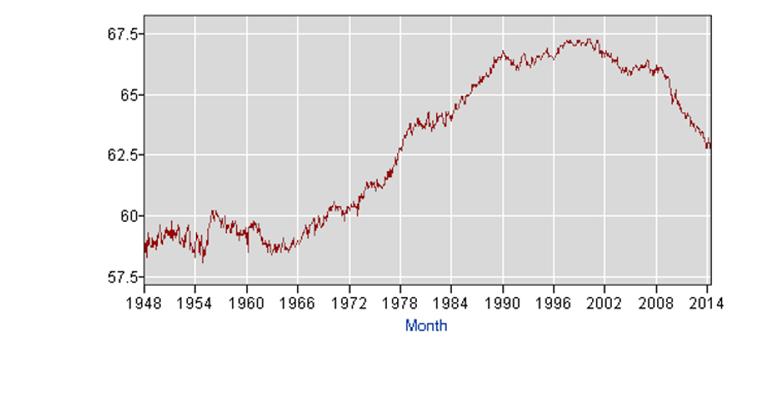
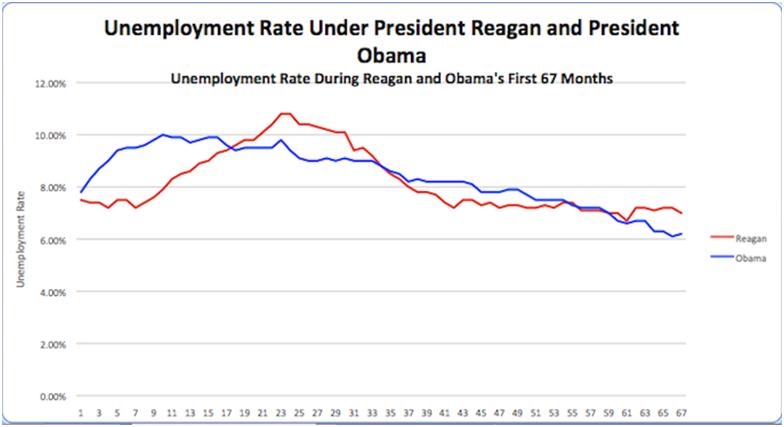
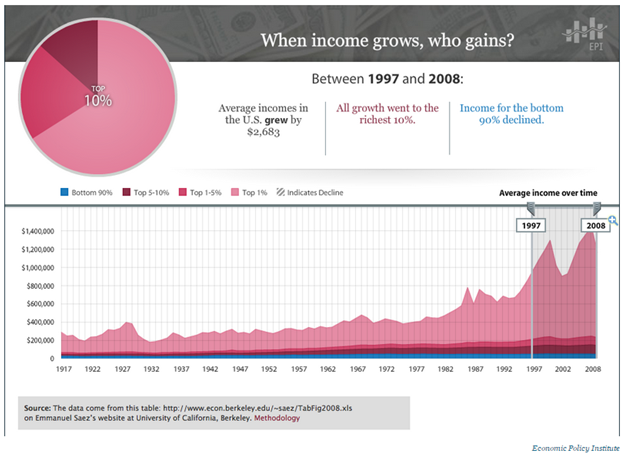 10
10